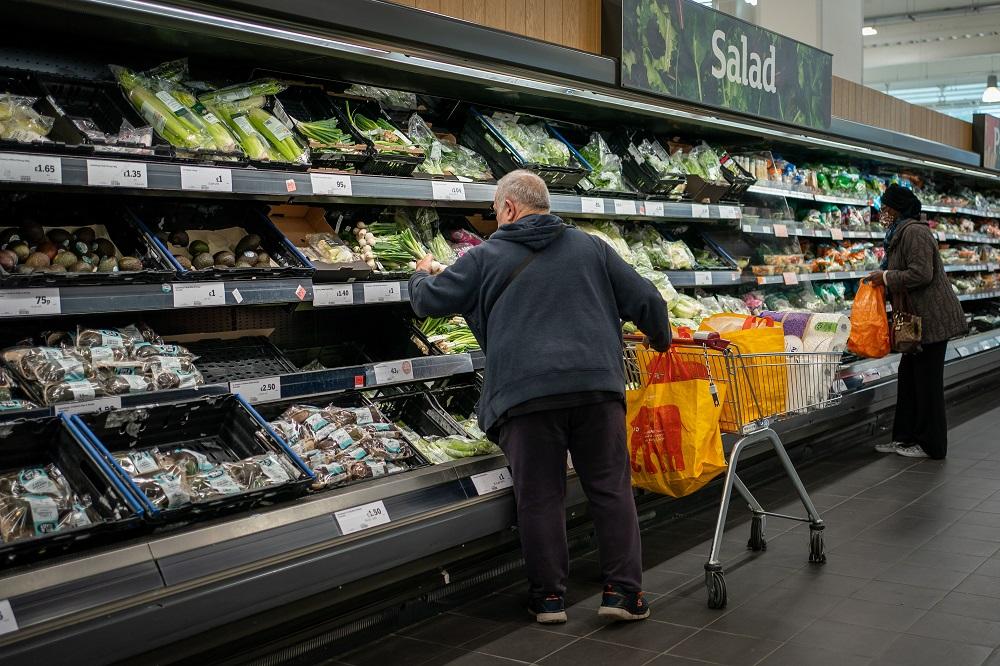The UK Metric Association has said the plans by Prime Minister Boris Johnson’s government to bring back imperial weights and measures in shops and other businesses will make it harder for consumers to compare prices at a time of rising inflation.
Ministers are to announce on Friday—timed to coincide with the Queen’s platinum jubilee—plans to begin a consultation on allowing imperial measurements to be used by market traders and other businesses.





